Comprehensive Guide for 2001 BMW X5 Repairs

This section offers an extensive overview of essential guidelines for maintaining a specific type of automobile. Emphasizing the importance of understanding various components and systems, it provides insights that can enhance the longevity and performance of your vehicle.
Within these pages, you will discover practical advice on addressing common issues, performing regular checks, and ensuring optimal functionality. By familiarizing yourself with these procedures, you can achieve greater confidence in managing your vehicle’s needs.
Whether you are a seasoned enthusiast or a newcomer, this resource is designed to assist you in navigating the intricacies of vehicle care. The information provided is aimed at empowering individuals to take proactive steps toward ensuring their automobile remains in peak condition.
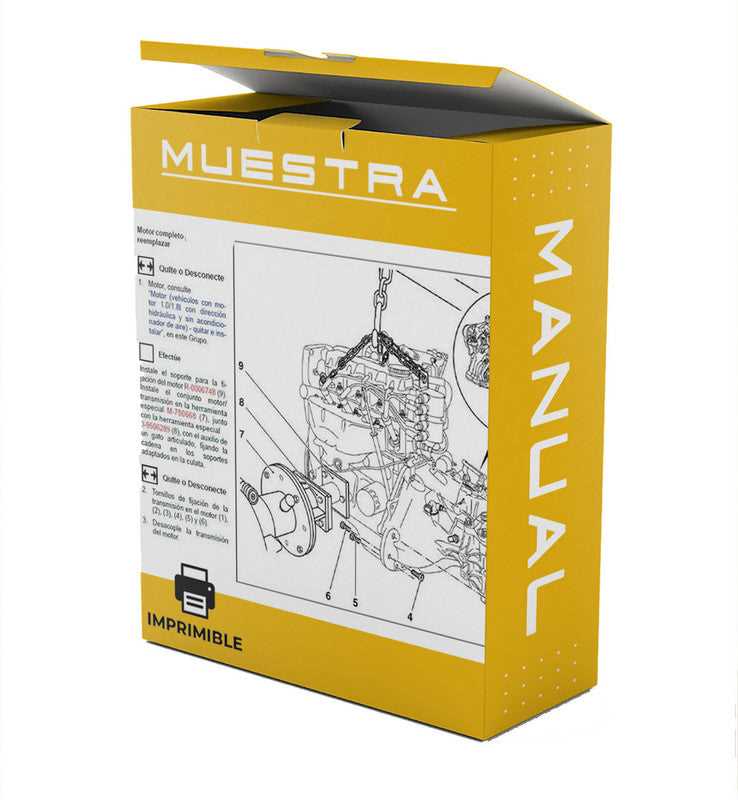
This section aims to provide a comprehensive understanding of a specific luxury vehicle model, focusing on its features, design, and overall performance. Highlighting the key aspects will guide readers in appreciating its engineering and functionality.
Key Features
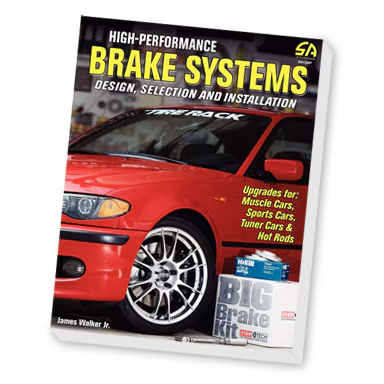
- Spacious interior with high-quality materials
- Advanced technology and infotainment options
- Robust performance across various terrains
Design Elements
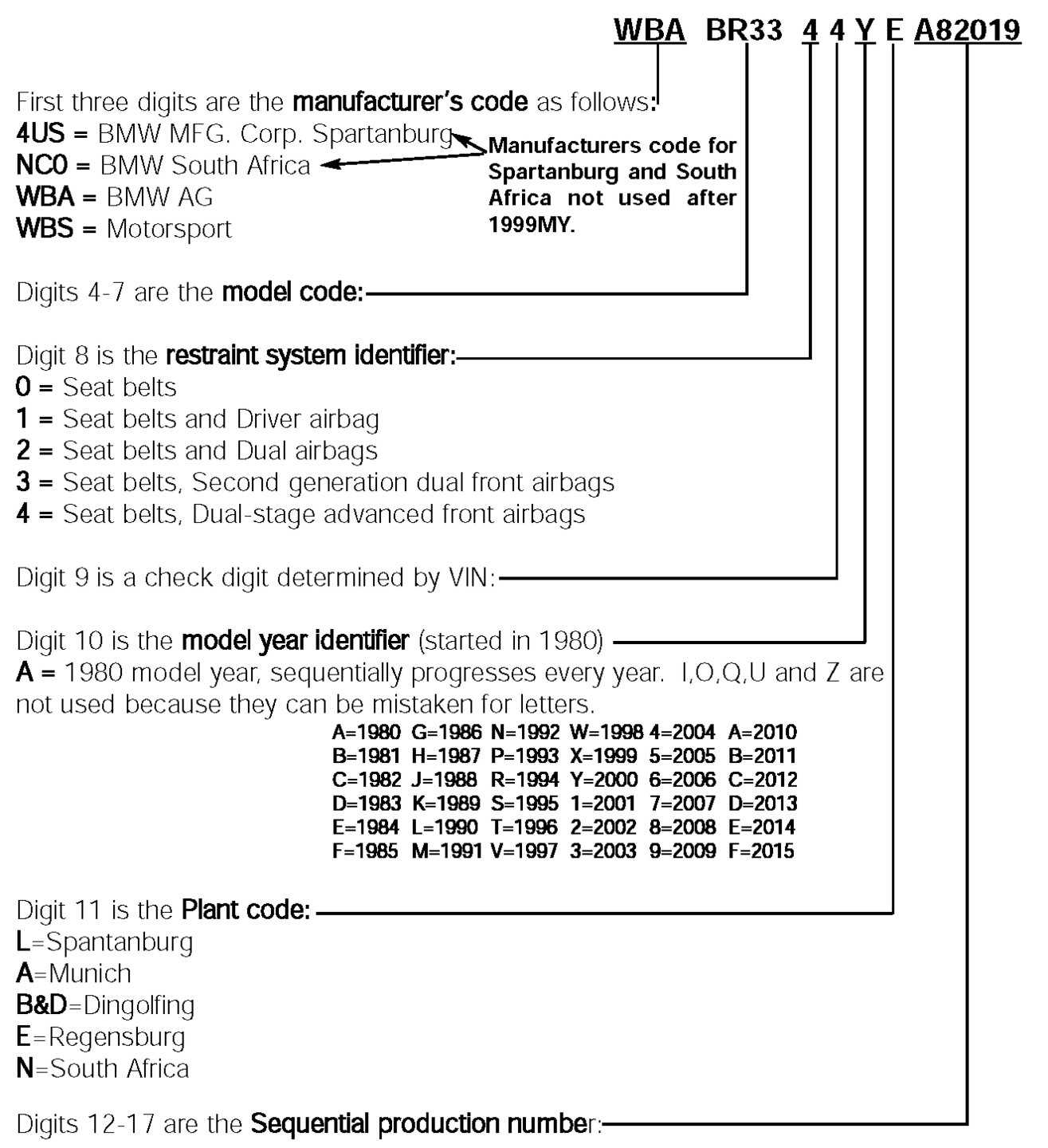
- Elegant and aerodynamic exterior
- Signature lighting and grille design
- Comfortable seating with ample legroom
Performance Highlights
- Powerful engine options for dynamic driving
- Exceptional handling and stability
- All-wheel drive system for enhanced traction
Common Issues and Troubleshooting
When dealing with a vehicle of this model, owners may encounter a variety of common problems that can arise during regular use. Understanding these potential issues can greatly assist in maintaining performance and enhancing safety. Proper identification and resolution of these concerns can lead to a smoother driving experience.
Here are some frequent complications and their respective troubleshooting tips:
| Issue | Description | Troubleshooting Steps |
|---|---|---|
| Engine Performance | Loss of power or rough idling. | Check for clogged air filters and inspect spark plugs. |
| Electrical System | Battery drainage or malfunctioning lights. | Examine battery connections and replace any blown fuses. |
| Transmission Issues | Slipping gears or delayed shifting. | Assess transmission fluid levels and inspect for leaks. |
| Braking System | Squeaking or grinding noises when braking. | Inspect brake pads and rotors for wear and replace as necessary. |
Essential Maintenance Procedures
Regular upkeep is crucial for ensuring optimal performance and longevity of your vehicle. Adhering to a systematic approach in maintenance helps in identifying potential issues early and enhances overall reliability.
The following table outlines key maintenance tasks that should be routinely performed:
| Maintenance Task | Frequency | Description |
|---|---|---|
| Oil Change | Every 5,000 miles | Replace engine oil to maintain lubrication and prevent wear. |
| Fluid Checks | Monthly | Inspect and top up fluids including coolant, brake, and transmission fluids. |
| Tire Rotation | Every 6,000 miles | Rotate tires to ensure even wear and extend tire life. |
| Brake Inspection | Every 10,000 miles | Check brake pads and rotors for wear to ensure safety. |
Tools Needed for Repairs
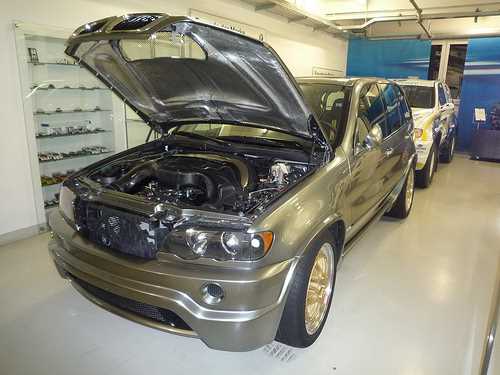
When undertaking maintenance tasks on a vehicle, having the right equipment is essential for efficient and effective work. Proper tools not only facilitate the process but also ensure that tasks are completed safely and accurately.
Basic items include a variety of wrenches, which are crucial for loosening and tightening bolts. Additionally, screwdrivers in different sizes and types are necessary for various fasteners. A quality jack and jack stands are indispensable for lifting the vehicle securely while working underneath.
Other helpful tools encompass a multimeter for electrical diagnostics and a torque wrench to ensure bolts are tightened to the correct specifications. Having a good selection of pliers, cutters, and hammers can further enhance the repair process, allowing for a comprehensive approach to vehicle upkeep.
Engine Specifications and Care
This section focuses on the essential aspects of engine performance and maintenance for a particular model. Understanding the characteristics of the power unit and how to properly care for it ensures optimal functionality and longevity. Regular attention to these details is vital for maintaining efficiency and reliability.
| Specification | Details |
|---|---|
| Engine Type | Inline 6-cylinder |
| Displacement | 3.0 liters |
| Horsepower | 282 HP |
| Torque | 300 Nm |
| Fuel Type | Premium unleaded |
| Oil Capacity | 6.5 quarts |
Regular maintenance should include checking fluid levels, inspecting belts and hoses, and ensuring the cooling system is functioning properly. Using high-quality lubricants and adhering to service intervals can significantly extend the lifespan of the engine.
Transmission Service Guidelines
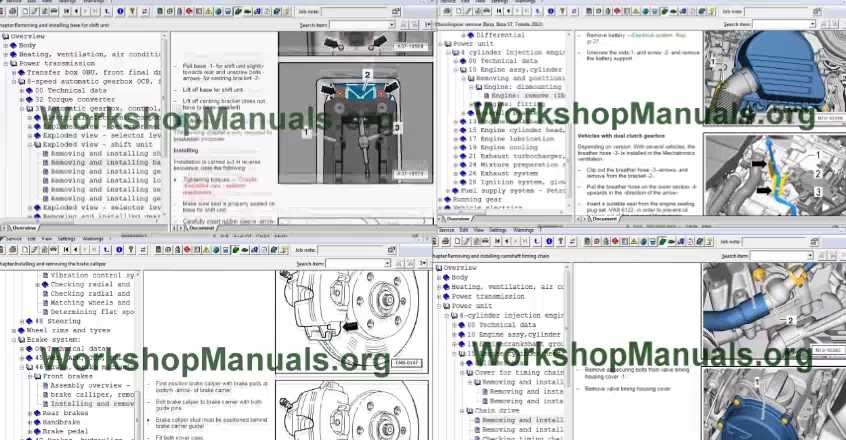
This section outlines essential procedures and recommendations for maintaining the functionality of a vehicle’s power transfer system. Proper care and timely interventions can enhance performance and extend the lifespan of critical components.
Fluid Inspection and Replacement
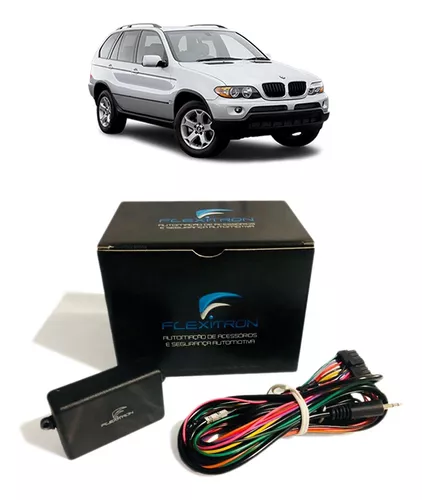
Regularly checking and replacing the transmission fluid is vital for optimal operation. Ensure the fluid is clean and at the appropriate level to prevent overheating and ensure smooth shifting. Consider using high-quality fluid that meets the specific requirements of the vehicle.
Component Checks
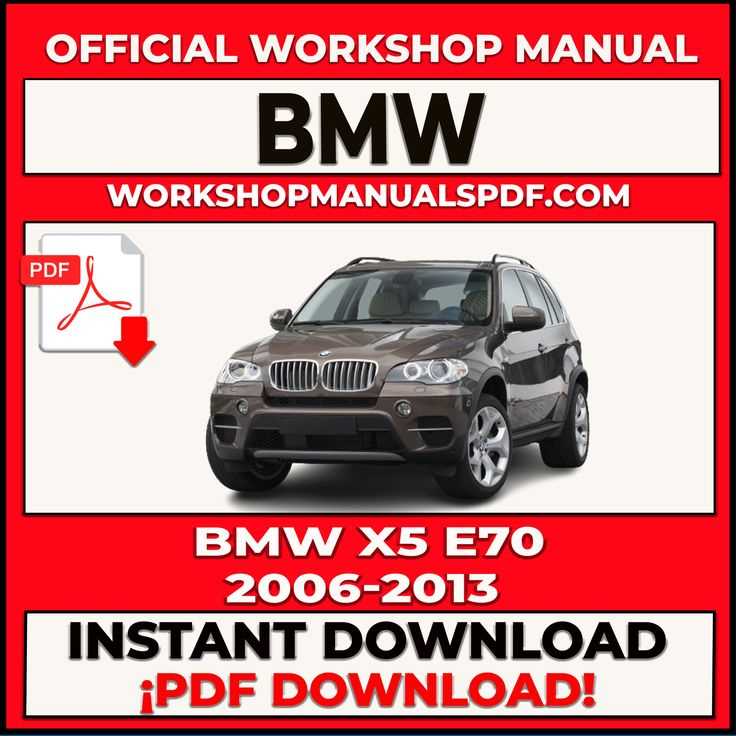
Inspect various elements such as seals, gaskets, and the filter for wear and tear. Addressing any signs of leakage or damage promptly can prevent more significant issues down the line. Additionally, routine assessments of the linkage and mounts will help maintain alignment and functionality.
Electrical System Diagnostics
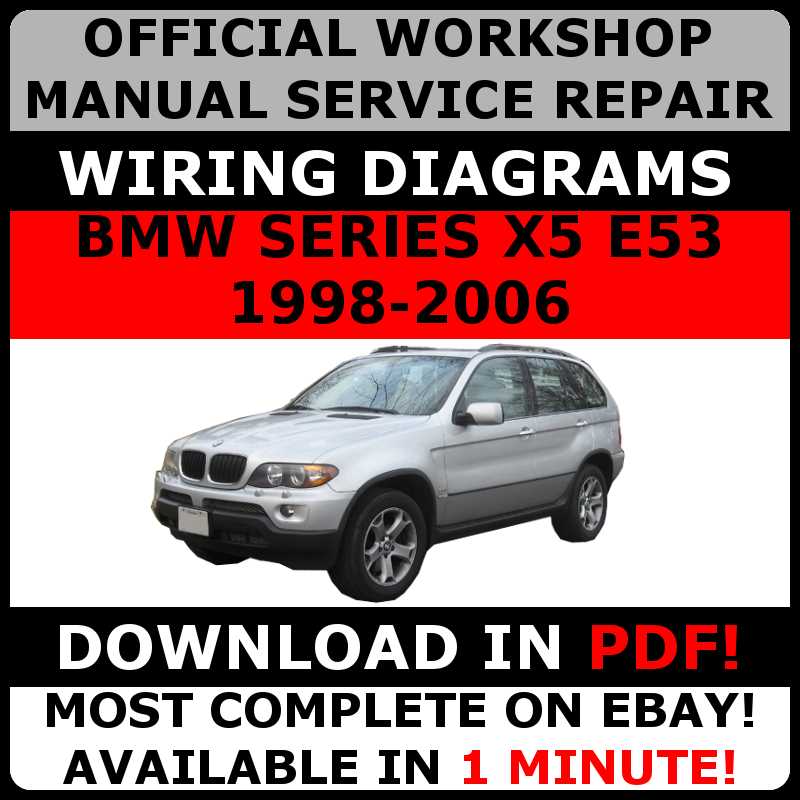
This section focuses on assessing and troubleshooting the components responsible for the vehicle’s electrical functionality. Proper analysis is crucial for ensuring that all electronic systems operate seamlessly, preventing unexpected failures and enhancing overall performance.
Identifying Common Issues

Many electrical problems stem from worn wiring, corroded connections, or faulty components. Regular inspections can help pinpoint potential issues, such as:
- Battery performance: A weak or dead battery can lead to starting difficulties.
- Fuses: Blown fuses often indicate overloads or shorts within the system.
- Lighting malfunctions: Dim or flickering lights may signal wiring issues.
Diagnostic Tools and Techniques
Utilizing the right diagnostic tools is essential for accurate assessments. Common techniques include:
- Multimeter usage: This tool measures voltage, current, and resistance to identify faulty circuits.
- OBD-II scanner: A diagnostic device that reads trouble codes and provides insights into system performance.
- Visual inspections: Regular checks for signs of wear or damage can prevent larger issues.
Maintaining the integrity of the electrical system is vital for the safe and efficient operation of the vehicle.
Suspension and Steering Insights
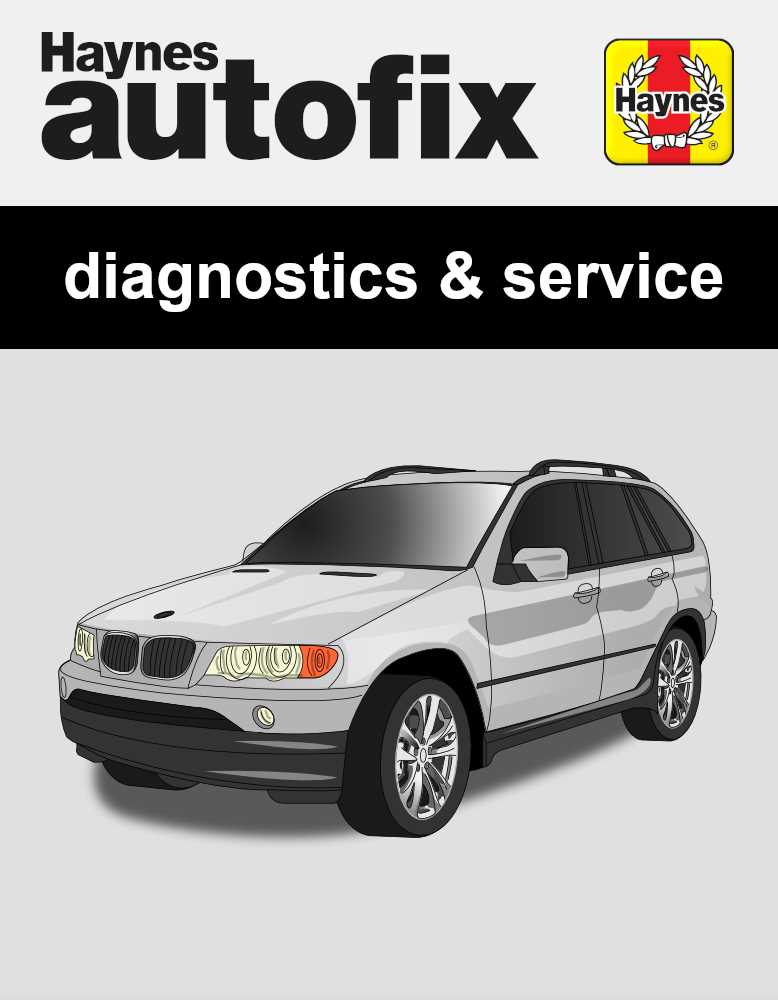
This section delves into the intricacies of vehicle support and directional control systems. Understanding these components is crucial for maintaining optimal performance and comfort while driving. A well-designed setup enhances stability, ensures proper handling, and contributes to overall safety on the road.
Components of the Support System
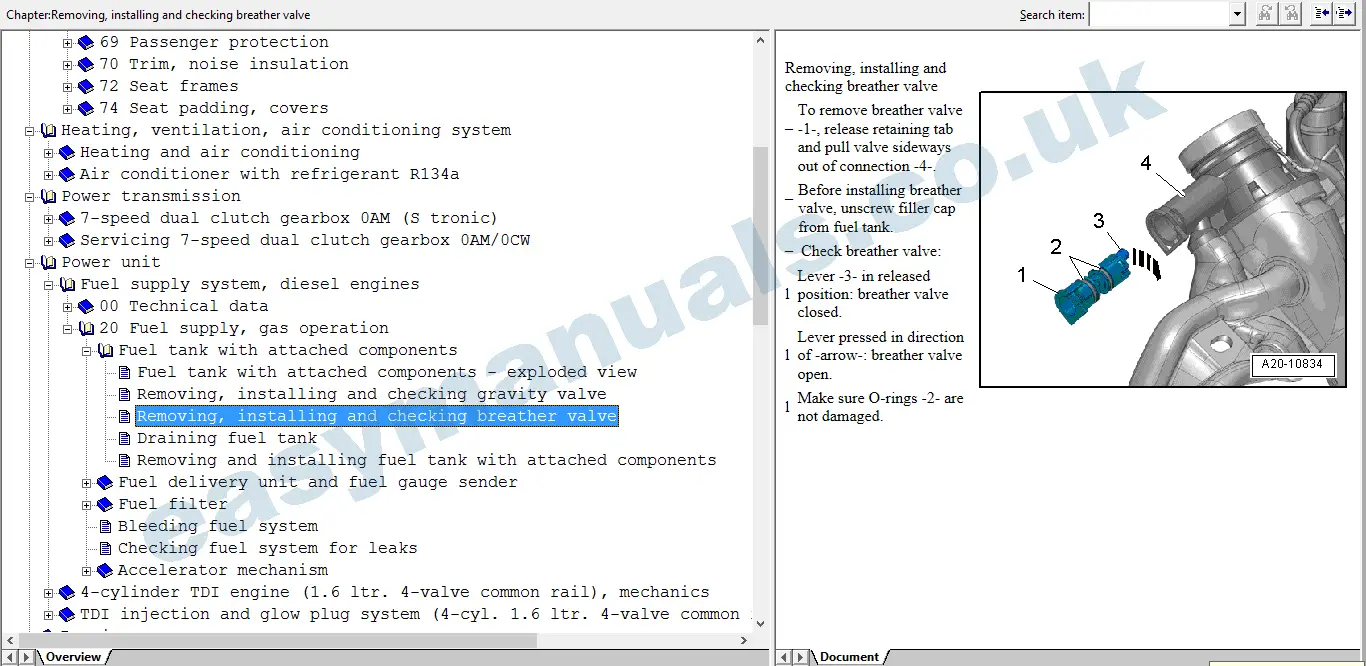
The support system comprises various elements that work in unison to absorb shocks and provide a smooth ride. Key components include shock absorbers, springs, and control arms. Each part plays a vital role in maintaining the vehicle’s posture and responsiveness, adapting to varying road conditions.
Steering Mechanisms
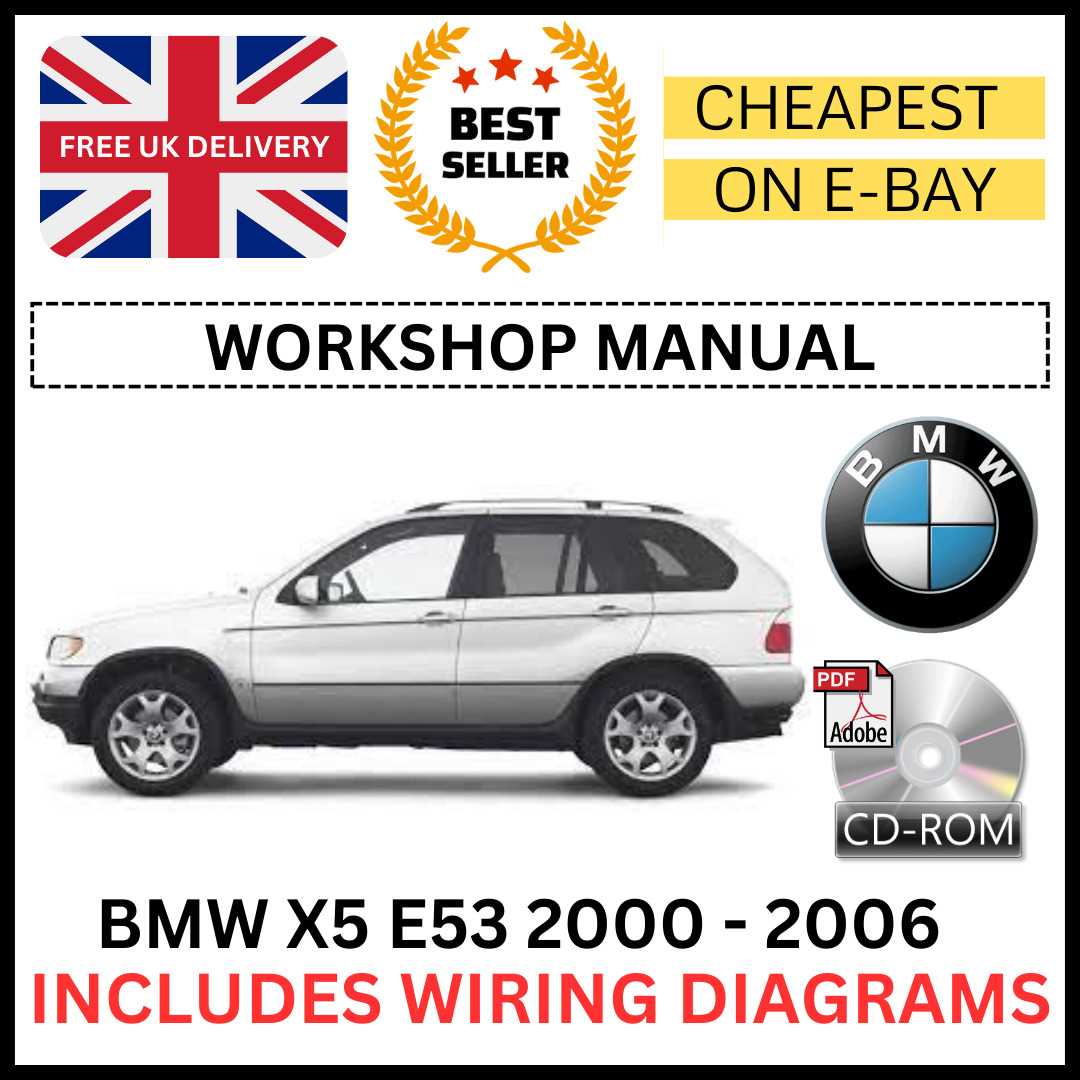
Directional control is managed through an intricate steering mechanism, which includes steering racks and linkages. These components translate driver input into precise wheel movement, allowing for responsive handling. Regular checks and maintenance of these systems are essential for ensuring accurate control and preventing wear over time.
Brake System Maintenance Tips
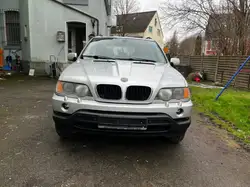
Regular upkeep of the braking system is essential for ensuring optimal vehicle performance and safety. Proper care not only extends the lifespan of components but also enhances overall driving experience.
Check brake fluid levels frequently to avoid potential issues. Keeping the fluid at the recommended level ensures that the braking system operates smoothly and effectively.
Inspect brake pads for wear and tear regularly. Replacing worn pads promptly helps maintain effective stopping power and prevents further damage to the rotors.
Examine brake rotors for any signs of warping or uneven wear. Addressing these issues early can prevent costly repairs and enhance braking efficiency.
Ensure that brake lines are free from leaks or damage. Any issues with the lines can lead to diminished performance and should be addressed immediately.
Lastly, consider having a professional inspection at regular intervals. Expert evaluations can identify potential problems that might go unnoticed during routine checks.
Interior Features and Repairs
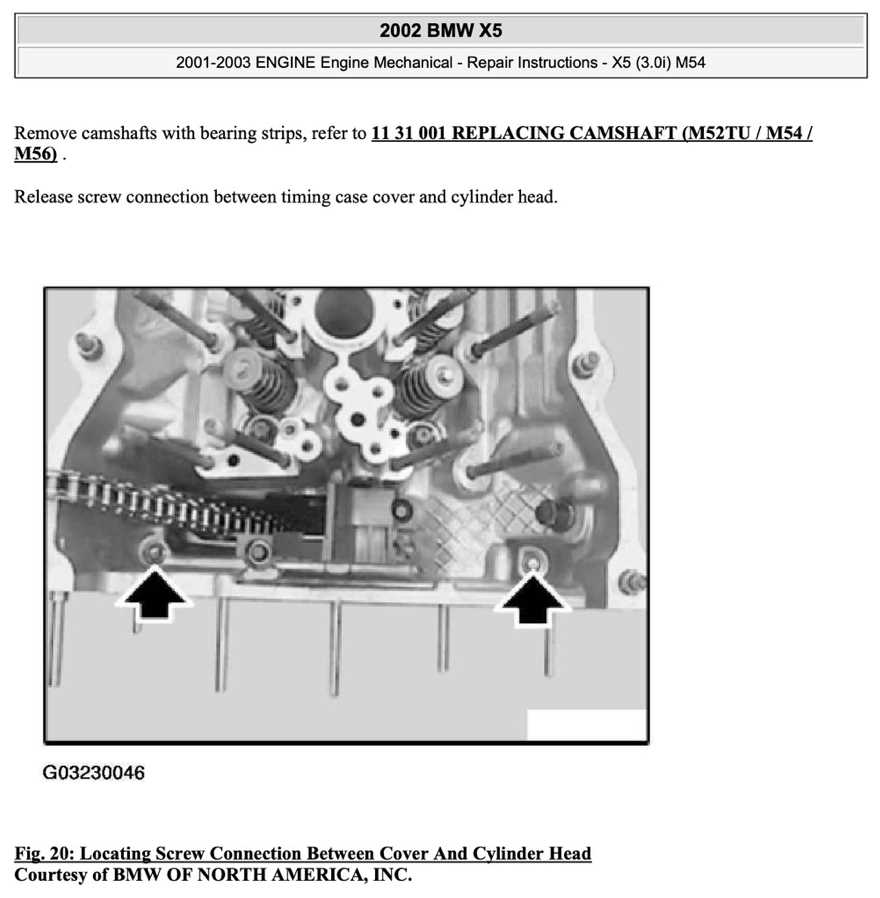
The interior of a vehicle plays a crucial role in ensuring comfort and functionality for occupants. This section delves into various aspects of interior components, highlighting potential issues and maintenance tips to enhance the overall experience.
Common Interior Components
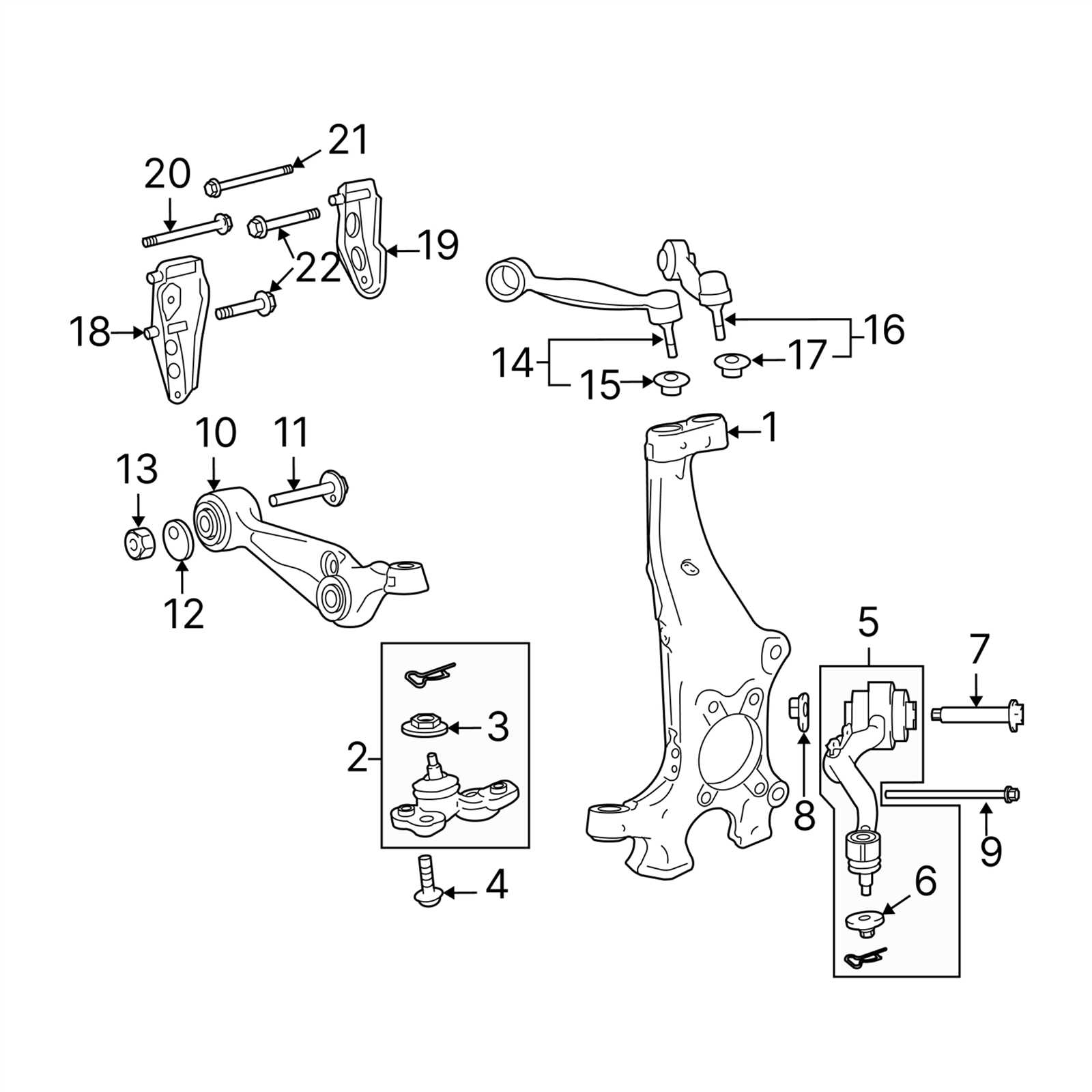
Understanding the primary elements within the cabin can aid in identifying problems and ensuring proper upkeep. Key components include:
- Seating arrangements
- Control interfaces
- Storage compartments
- Interior lighting
Maintenance Tips
Regular maintenance is essential for preserving the condition of interior features. Here are some useful guidelines:
| Component | Maintenance Tip |
|---|---|
| Upholstery | Clean regularly to prevent stains and damage. |
| Dashboard | Use appropriate cleaners to avoid cracking. |
| Electronics | Check connections and updates periodically. |
| Lighting | Replace bulbs as needed to ensure visibility. |
By adhering to these practices, owners can maintain a pleasant and functional interior space, ultimately enhancing the driving experience.
Safety Features and Recommendations
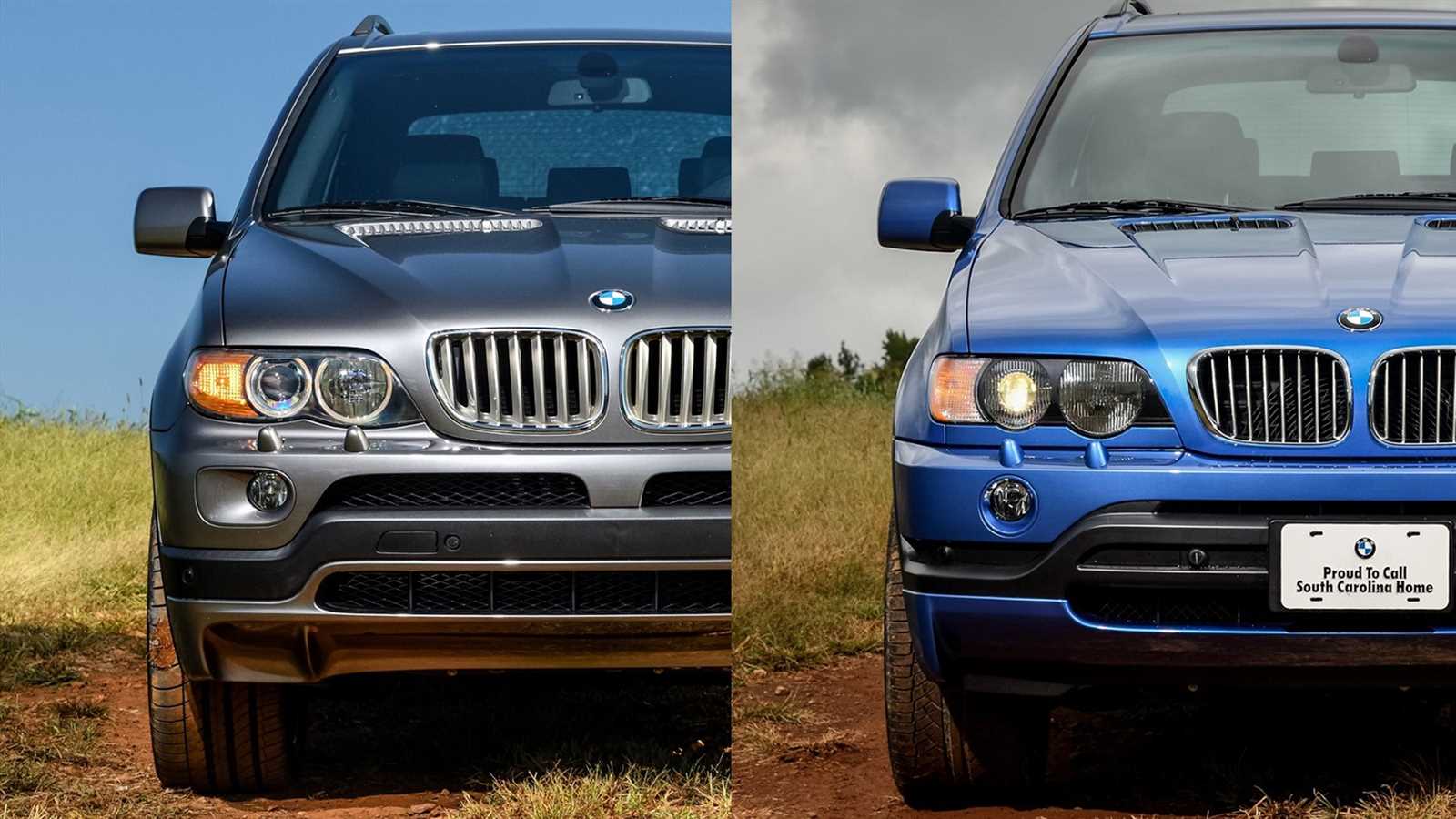
Ensuring the well-being of occupants is paramount in any vehicle. Various protective elements are designed to enhance security and mitigate risks during operation. Understanding these features is essential for maximizing safety while on the road.
Active Safety Systems: Modern vehicles are equipped with numerous active safety technologies that help prevent accidents. These include systems that assist with braking, traction control, and lane departure warnings. Regular checks and maintenance of these systems can significantly improve their effectiveness.
Passive Safety Features: In the event of a collision, passive safety features such as airbags and crumple zones play a crucial role in protecting occupants. Ensuring that these components are functioning correctly is vital for minimizing injury risks. It is recommended to conduct periodic inspections to confirm their integrity.
Recommendations for Optimal Safety: Always adhere to manufacturer guidelines regarding maintenance schedules. Regular servicing not only keeps safety features in top condition but also enhances overall performance. Additionally, it is advisable to familiarize oneself with all safety functions available in the vehicle to make the most informed decisions while driving.